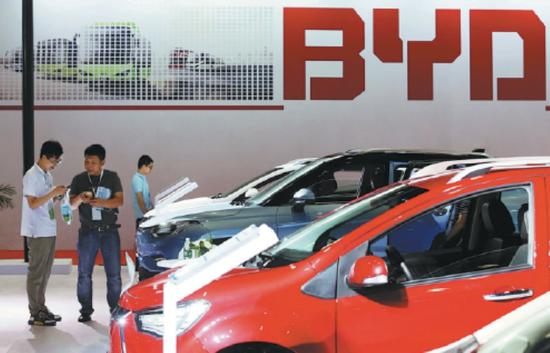
BYD's electric models attract visitors at a new energy auto expo in Beijing. (Photo by A QING /FOR CHINA DAILY)
The surge in Chinese electric vehicle sales across Europe in June was mainly driven by looming tariff threats, newly released data reveal.
According to analytics company Dataforce, Chinese carmakers captured a record 11 percent of the European EV market in June. The figures, which include the United Kingdom, show that about 23,000 EVs were registered in June, marking a 72 percent increase from the previous month as consumers raced to beat anticipated price hikes within the European Union.
In early July, the EU announced plans to impose extra duties of up to 37.6 percent on Chinese EV imports because of what it called "unfair" state subsidies benefiting manufacturers in a keenly contested market.
Data from Dataforce further highlight that 40 percent of the surge in imports came from dealers, rather than consumers, stocking up on vehicles ahead of the tariff implementation.
Chinese state-owned SAIC experienced the greatest uptick in sales, shifting just under 13,400 units in June, as opposed to rival BYD's sales of just under 4,000.
SAIC vehicles are subject to the harshest tariff of 38 percent, compared with the 17 percent on BYD.
Chinese EV imports to the United States have been subject to 100 percent tariffs since the start of the year, killing sales there, but there is still huge demand in the UK, which took 12 percent of vehicles, and the EU, with 36 percent, according to Chinese trade specialist website Soapbox.
Surging prices
The Guardian cited research by Spanish bank BBVA showing that a Chinese car in Europe was up to twice as costly as in the domestic market, with some vehicles, such as BYD's Dolphin, selling for almost three times the price.
In Italy, sales incentives in June to increase EV purchases were all snapped up in less than 9 hours, the Italian government said, with most interest coming from individual buyers.
One consequence of the tariff standoff could be an increase in investment by Chinese EV makers in Europe, as a way round the additional fees.
The BBC reports that BYD's first European factory is already being built in Hungary and production could start before the end of next year, SAIC is reportedly looking at sites, and another manufacturer, Chery, has signed a partnership contract to start manufacturing vehicles in Spain.
"It's a well-architected plan to encourage companies to shift their investments to the EU, instead of relying on exporting from China," said Bill Russo, CEO of strategy and investment organization Automobility in Shanghai.
"The fact that some companies are taxed higher than others is a signal that they will make the penalty higher or lower based on the degree the company is committed to investing in the EU."














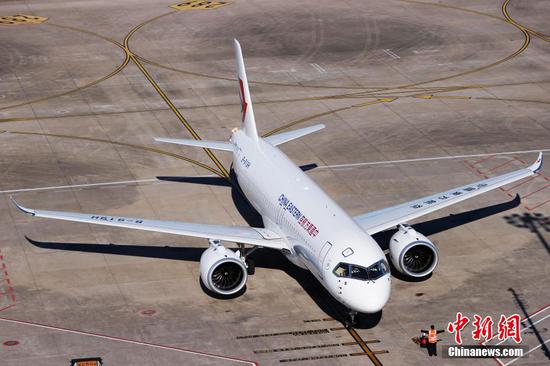










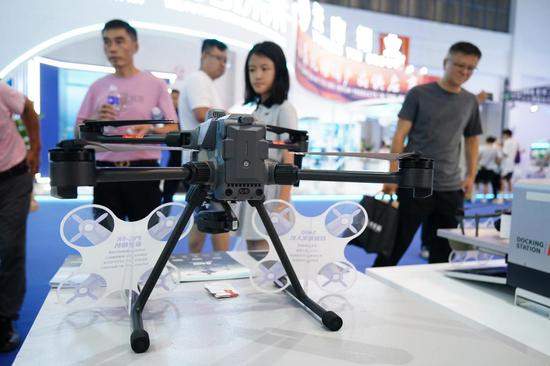





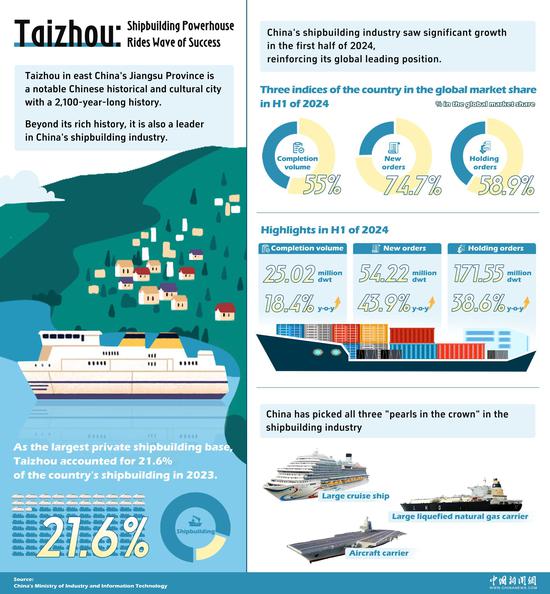
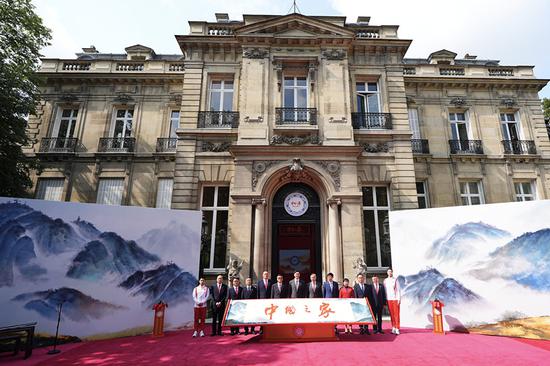





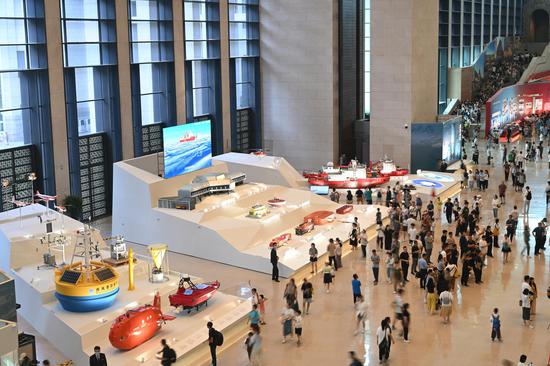








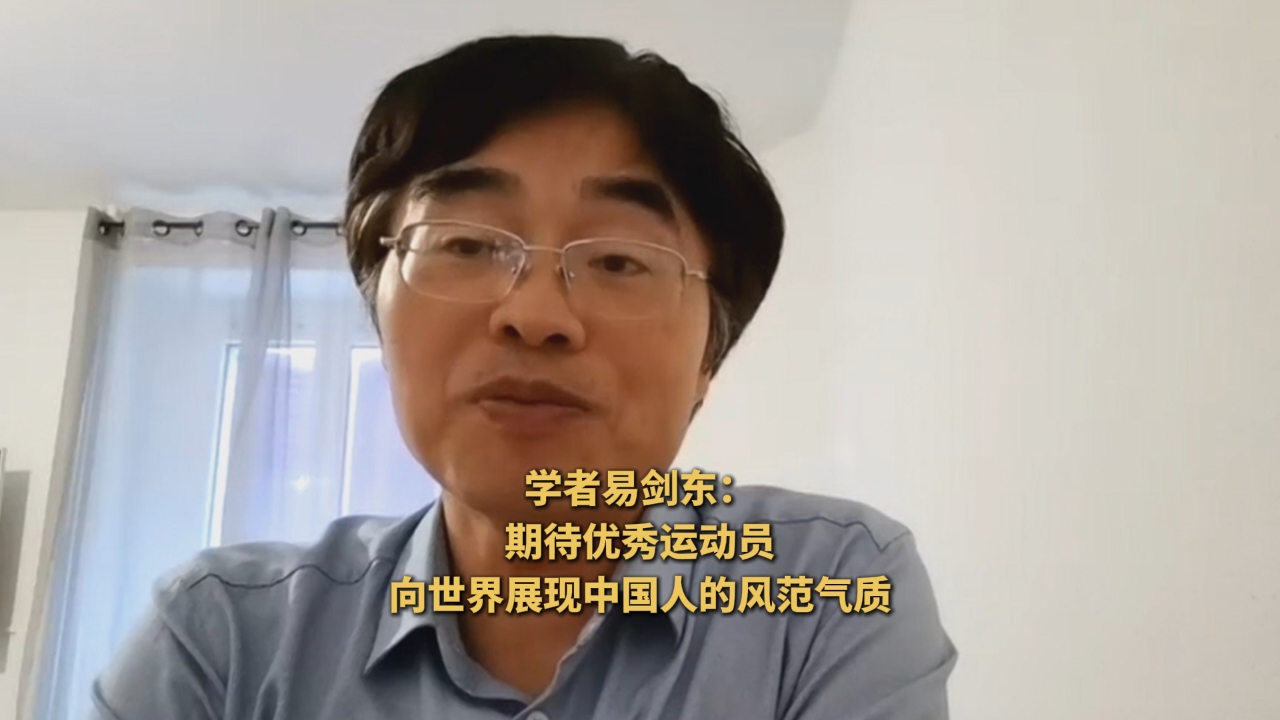

 京公网安备 11010202009201号
京公网安备 11010202009201号